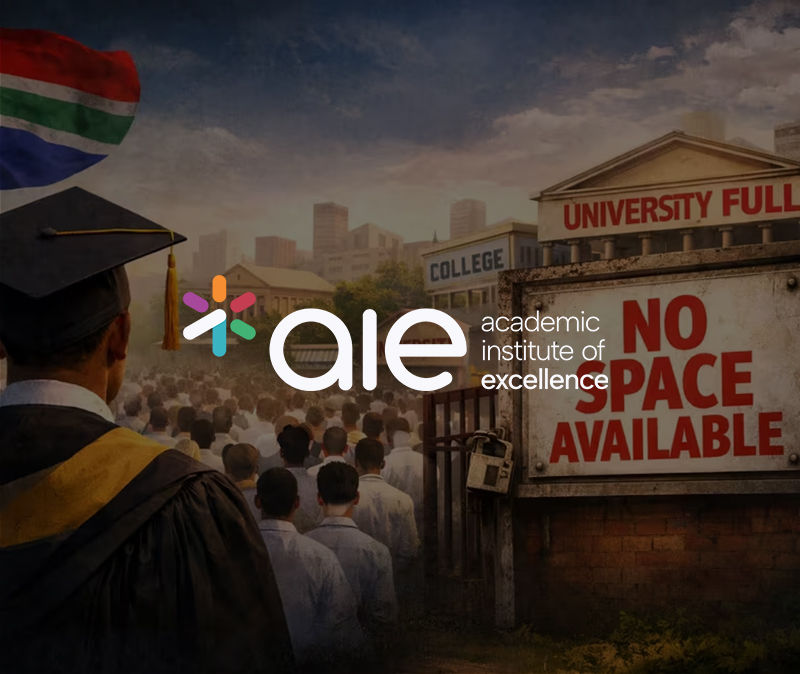TRADITIONAL MEDICINES AND INDIGENOUS KNOWLEDGE SYSTEMS AT THE FOREFRONT OF THE INNOVATION HUB’S STRA
- PR Worx Admin
- Nov 30, 2022
- 2 min read
About 8 in 10 South Africans currently rely on the country’s estimated 400,000 traditional healers for their primary healthcare needs.
Given the vital importance of indigenous knowledge systems (IKS) in healthcare, The Innovation Hub will be prioritising the development of IKS researchers and entrepreneurs through its various programmes as it seeks to stimulate socio-economic development.
“Traditional health practitioners have sustained the health of millions of South Africans over centuries, demonstrating the crucial role that indigenous knowledge systems can play in the healthcare system,” says Dr Phuti Chelopo-Mgobozi, Innovation Specialist at The Innovation Hub in Gauteng.
“Yet, despite this, the crucial role of traditional medicines remains highly undervalued, and the commercial value of indigenous medicinal plants is largely unrealised.”
Researchers estimate that the trade of traditional medicines generates more than R2.9 billion every year and provides a major source of income to over 133,000 people across the country, many of whom live in rural areas, pointing to the industry’s significant potential as an economic contributor.
Recognising the importance and relevance of indigenous knowledge systems, The Innovation Hub, through its Bioeconomy unit offers a variety of strategic programmes such as the CoachLab IKS Entrepreneurship Programme, which targets small, micro, and medium enterprises (SMMEs), indigenous knowledge holders, and scientists who are technologically savvy but require business skills.
“This type of support is essential for stimulating the development of IKS through entrepreneurship training and possible incubation at The Innovation Hub. Through this support, we aim to integrate indigenous wisdom with appropriate business practices that can yield robust enterprises.”
“South Africans need to acknowledge and embrace their indigenous knowledge not only for the benefit of households and consumers, or for socio-economic development, but because this could make a meaningful contribution to international knowledge in finding sustainable solutions to global challenges,” she adds.
The CoachLab IKS Entrepreneurship Programme seeks to change the notion that Africans are not inventive or innovative, believing that embracing one’s cultural intelligence can lead to entrepreneurial success, and equipping participants with the necessary skills and techniques to develop a well-rounded business model.
It is also encouraging to see research organisations such as the Council for Scientific and Industrial Research (CSIR) and various tertiary institutions offer product development support by performing critical safety tests, testing the mineral contents of products, and contributing towards advice formulation.
Likewise, organisations such as the Technology Innovation Agency (TIA) and the Department of Science and Innovation (DSI) are also providing financial support to IKS-based innovations at various levels.
“Recognising the diverse aspect of IKS and enhancing the capacities of communities to adjust to change and develop their innovations could significantly benefit South Africa’s economy.
“Through the support provided by various organisations and programmes such as CoachLab®, we hope to see traditional medicine practitioners emerge at the forefront of South Africa’s new and sustainable businesses of tomorrow,” concludes Dr Chelopo-Mgobozi.




Comments